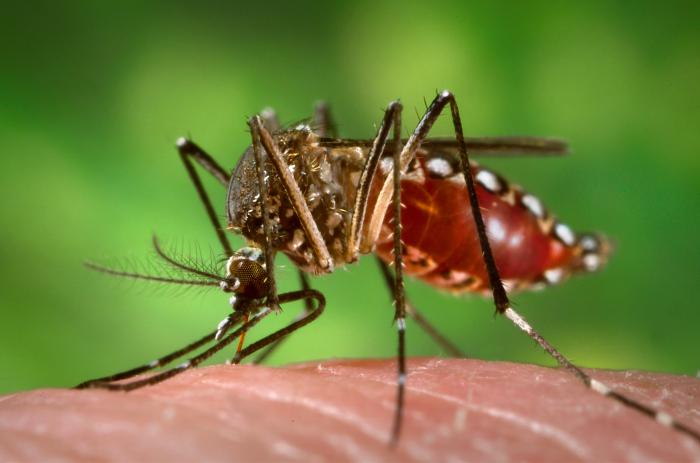Malaria is not the only major threat for international travellers. Dengue and chikungunya are posting new threats for travellers to India, and unlike malaria, there are no vaccinations known to be effective for dengue and chikungunya.
The number of UK travellers contracting dengue fever has doubled between 2009 and 2010, and the most reported cases were among British travelers visiting India.
As many as 406 UK travellers in 2010 contracted the mosquito-borne infection in 2010, compared with only 166 reported cases in 2009, says the UK’s Health Protection Agency (HPA).

The agency says that dengue fever is not present in the UK, and the most reported cases were associated with travellers to India – 84 cases. Other high risk countries for dengue fever are Thailand (61) and Indonesia (22).
However, dengue fever is not the only infection to be worried about.
There is a 34 percent increase in the number of British tourists reporting another mosquito-borne infection – chikungunya, which rose from 59 cases in 2009 to 79 in 2010. Again, about half of the chikungunya cases were associated with a visit to India.
The UK does not have a system of active surveillance of dengue fever or chikungunya, so there may be more cases than reported by the HPA.
HPA says while both diseases are endemic in Asia and Africa, dengue is more wide spread, and is common in South America, Central America and the Caribbean and the Western Pacific.
ARTICLE CONTINUED BELOW
Also read:Â Get the shot before flu symptoms develop
Also read: Top 7 health concerns for travel to India
Both the diseases are contracted through the bite of an infected mosquito. These are not contagious and cannot be spread from person to person.
What are the symptoms of dengue and chikungunya
The common symptoms are similar to flu: sudden fever, muscle pain, headache and a rash.
According to HPA, chikungunya can also cause joint pains that can persist for several months.
However serious complications from dengue and chikungunya are not common in UK travellers.
Which vaccination can I take?
While malaria can be prevented by taking vaccination shots, unfortunately, there is no specific vaccine or drug to prevent or treat either disease. However, supportive treatment can help in managing symptoms.
“These figures demonstrate that the importance of taking precautions to avoid mosquito bites extends to protecting against other infections, not just malaria,” says Dr Jane Jones, head of the HPA’s travel and migrant health section.
What’s the difference between malaria, dengue and chikungunya?
“The mosquitoes that spread dengue and chikungunya bite in the day, compared with those that spread malaria which are mainly active from dusk to dawn.”
How to protect against dengue and chikungunya?
The best protection against dengue and chikungunya is similar to that against Malaria – avoid mosquito bites.
- Wear appropriate clothing to cover most of the body – long sleeve tops and trousers
- Apply insect repellents. A common brand in India is Odomos.
- Where malaria and other mosquito-borne illnesses co-exist, wear repellant all the time. Also use mosquito nets at night.
Vaccinations against malaria and other illnesses need to be taken at least a month before travelling to a foreign destination.
“Anyone travelling to a tropical destination should take appropriate advice from a health professional or a travel health clinic at least 6-8 weeks before they travel to ensure they are aware of the risks and how they can best protect themselves from illness.”

Leave a Reply